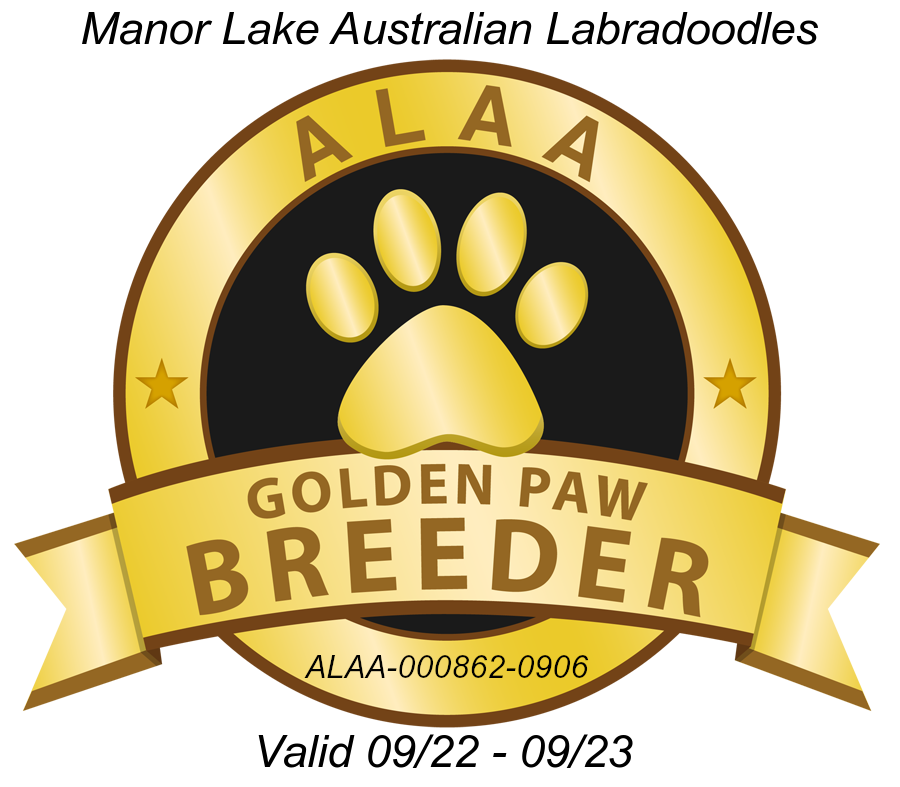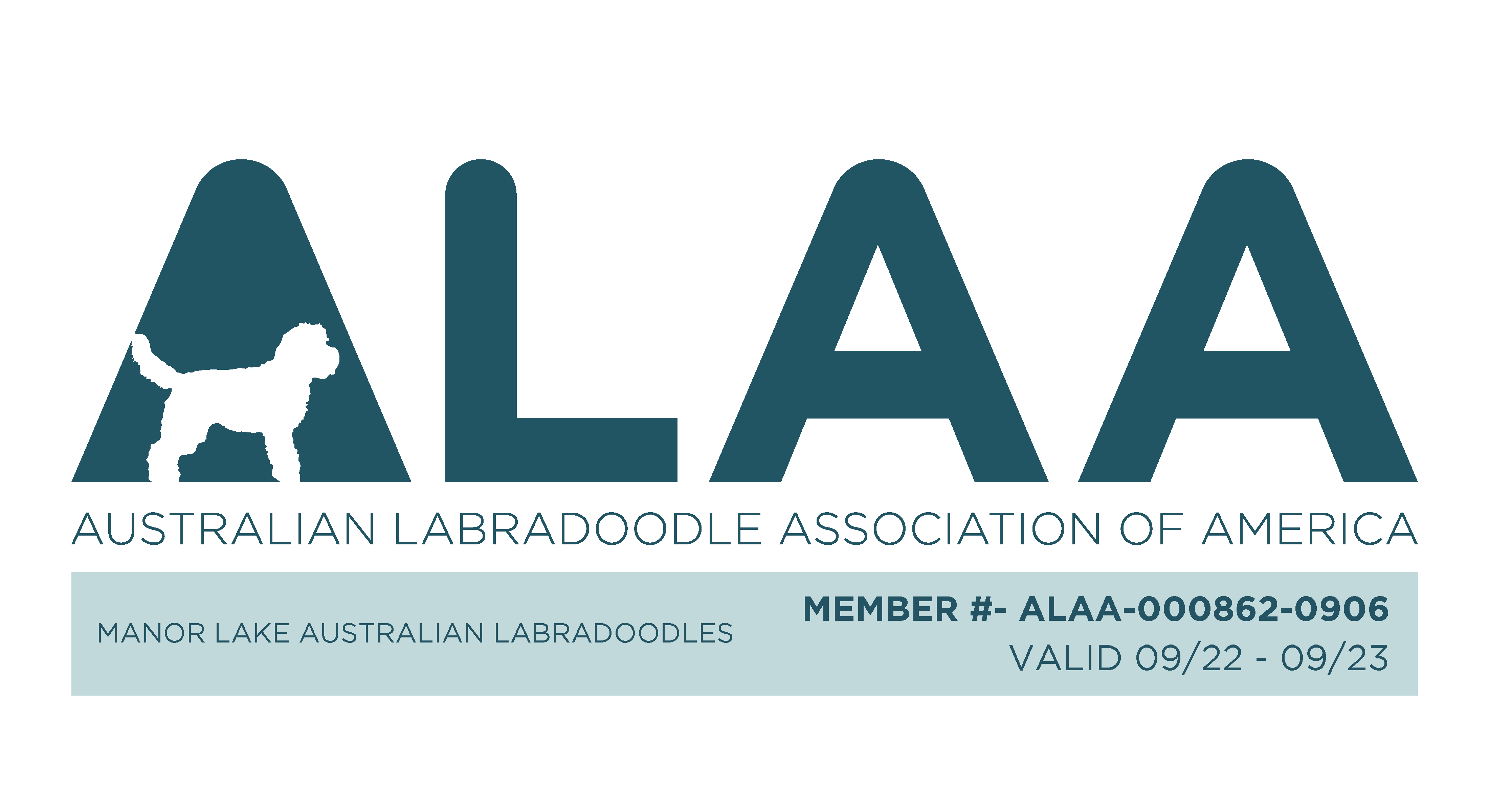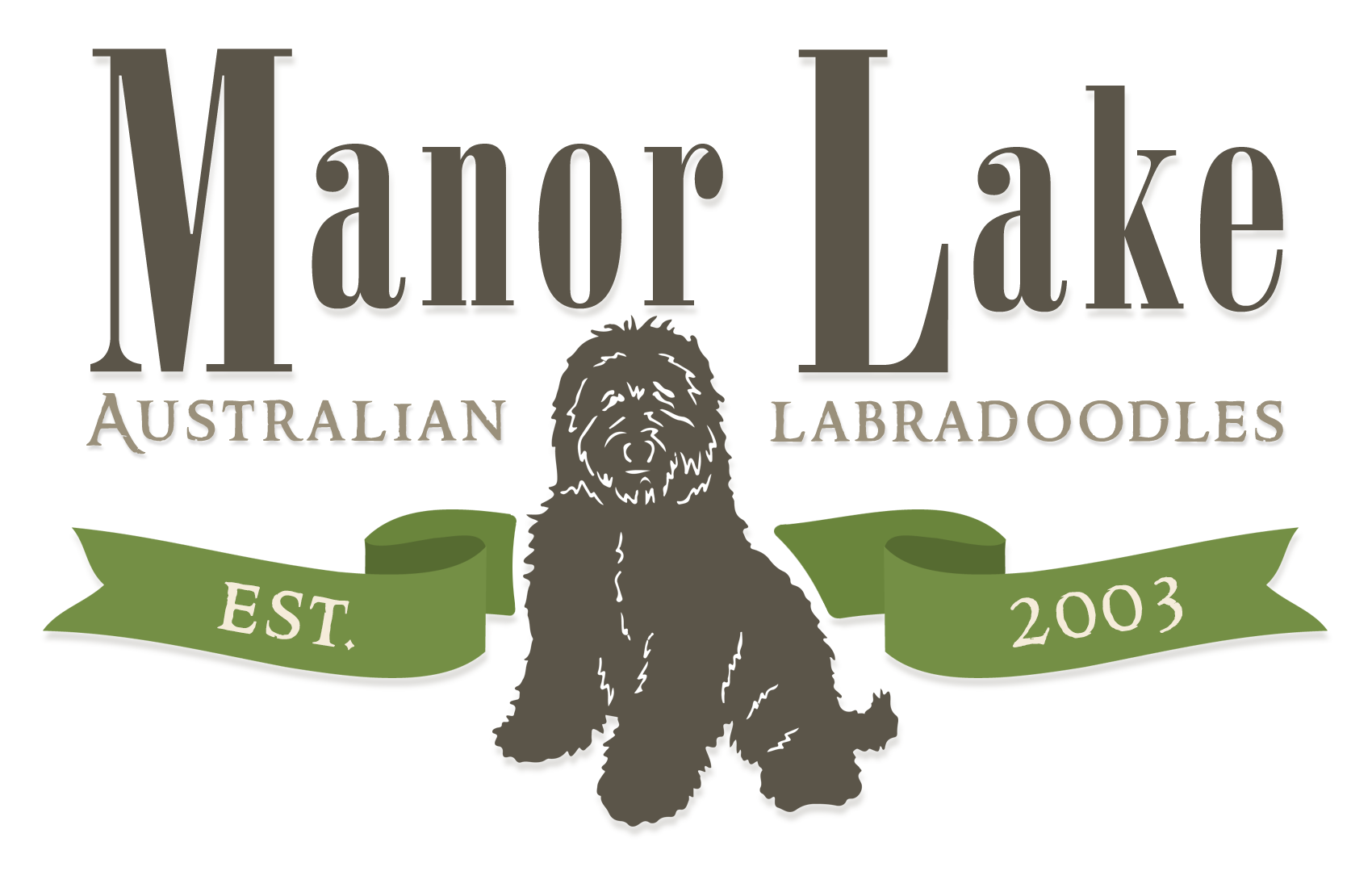Puppy Stages

Your puppy will pass through many stages as they grow and develop. Many puppy owners can be shocked, surprised, or possibly freaked out by the way their cute little puppy is behaving. Below we have listed the different stages puppies go through until they achieve matured adulthood. Puppy behaviors can be linked to these stages, but it is important to recognize that these behaviors are not always acceptable and it is crucial to train and lead the way. The mother of your puppy will start the process by building the foundation, the responsibility is then turned over to you. It is incredibly important for you to train and lead your puppy to be a happy, well-adjusted member of your family.
Puppy Toddler (3-8 Weeks):
“Mom teaches dog manners”
Beginning at 3 Weeks of Age:
The first lessons learned are dog specific behavioral patterns
- They learn the meanings of various postures and the effect it has on their mother and litter mates
- They learn how to bite and what it is like to be bitten
- They will learn barking and what other vocalizations mean and their different uses
- They learn how to establish social relationships with other dogs
Beginning at 5 Weeks of Age:
Vocalization and tempered activities (dog manners) are usually learned at about five weeks of age
- They learn how to be submissive to the leader of the pack aka mom
- They will learn and refine additional postures, vocalizations and acceptable dog interaction behaviors
Actions Their Mother Will Take:
Their mother will growl, snarl and snap to communicate. With a few very clear signals and repetitions, the young puppies will learn quickly. Soon a mother’s glare or low grown is all that is needed to keep a young pup in line. Litter mates also learn clear signals of communication with each other
During the toddler period, the labradoodle puppies emerge on their own from the litter, they begin to venture into their surrounding environment. The lessons learned in the toddler stage are critical. Puppies removed too early from their litter tend to be nervous, bark inappropriately, and tend to bite, simply because these lessons taught by their mother and litter mates were missed. Training and long-term behavioral problems can often be attributed to a puppy being removed from their litter much too soon.


Socialization Period (7-12 Weeks) and First Fear Imprint Period (8-11 Weeks):
“Lasting impact, rapid learning!”
Beginning at 7 Weeks of Age:
Things learned are permanent and will be challenging to change
- Your puppy will have a short attention span
- Your puppy is eager to learn
- What your puppy does and learns now, they will do as an adult
- Puppy’s temperament and personality will become more apparent
- Your puppy will be transitioning its education from its mother to its human environment
Beginning at 8 Weeks and Ending Approximately at 11 Weeks of Age:
Any traumatic, painful, or frightening experience can have a lasting impact if not dealt with right away.
What You Can do:
- Gradually introduce your puppy to new things, environments, and people
- Make experiences positive by providing encouragement, treats, or toys
- Do not push our puppy into fearful situations, take things slowly and allow your puppy to adjust and get used to new situation
- Do not let others push your puppy or be forceful with them
- Provide a secure and comforting demeanor and environment
- Teach the puppy you are there to protect and lead them
Puppies that are denied socialization during this critical socialization period often become unpredictable because they are fearful and aggressive. It is during this time that your puppy needs to have positive experiences, they need to be gradually introduced to new things and begin the groundwork to a happy and well-adjusted dog.
Seniority Classification (12-16 Weeks):
“You are not the boss of me!”
Your puppy has now been home for a few weeks. They have been watching you and the family very closely, picking up on human behaviors and reactions, they are learning the pecking order of the pack. As they observe and learn, they will attempt to figure out where exactly they stand in the pack and to see if they can move up in the pack. Puppies are able to pick out the “weak links” and will start from the bottom, and try to move up. How could such a cute little puppy be such a pistol?
What is Happening:
- Your puppy will begin to question authority
- Your puppy will try to dominate
- Your puppy may attempt to grab leashes
- Your puppy will try to determine what activities are going to happen and when
- Your puppy may growl
- Your puppy may put their mouth on you
- Your puppy can often become overly excited
- Your puppy will attempt to move themselves up the pack order
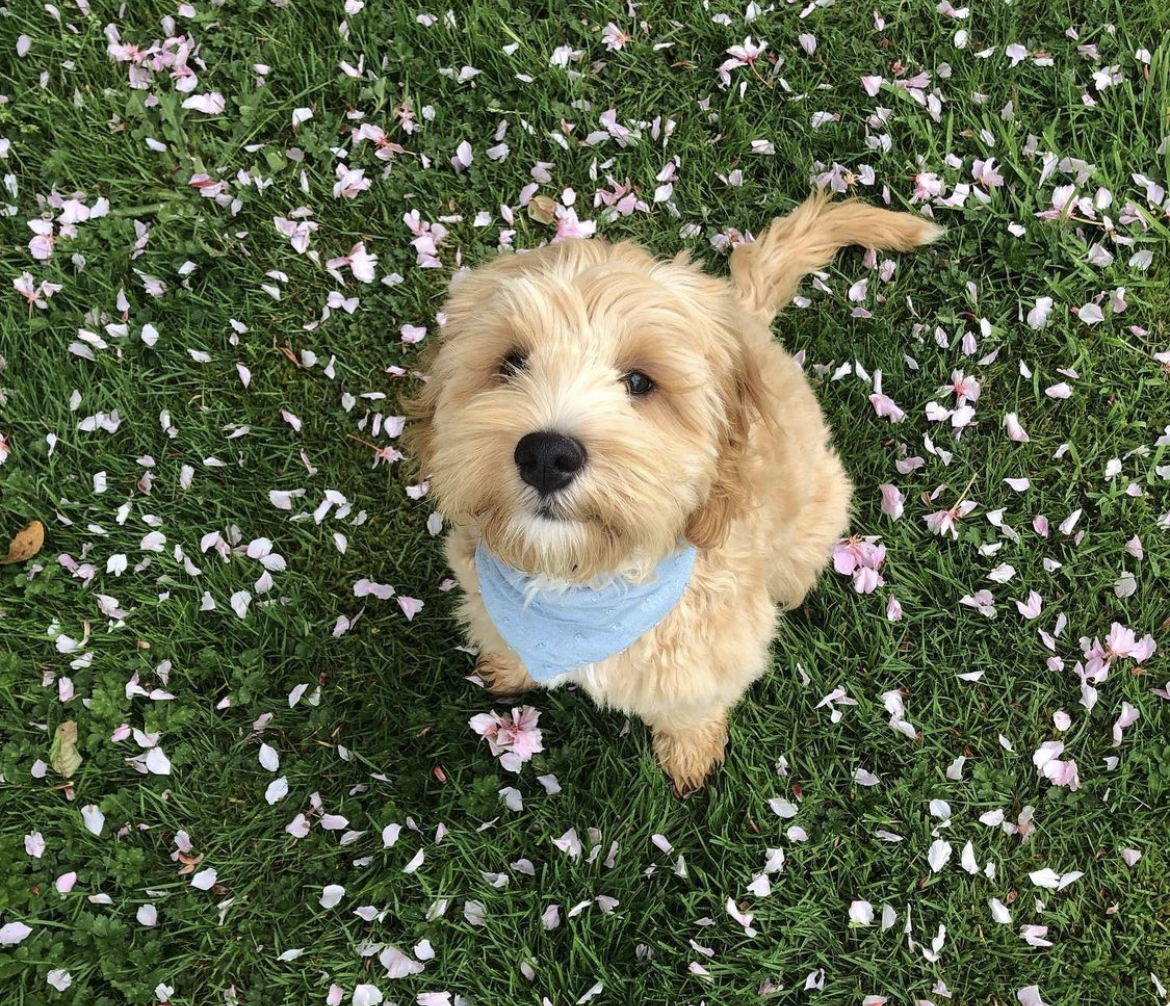
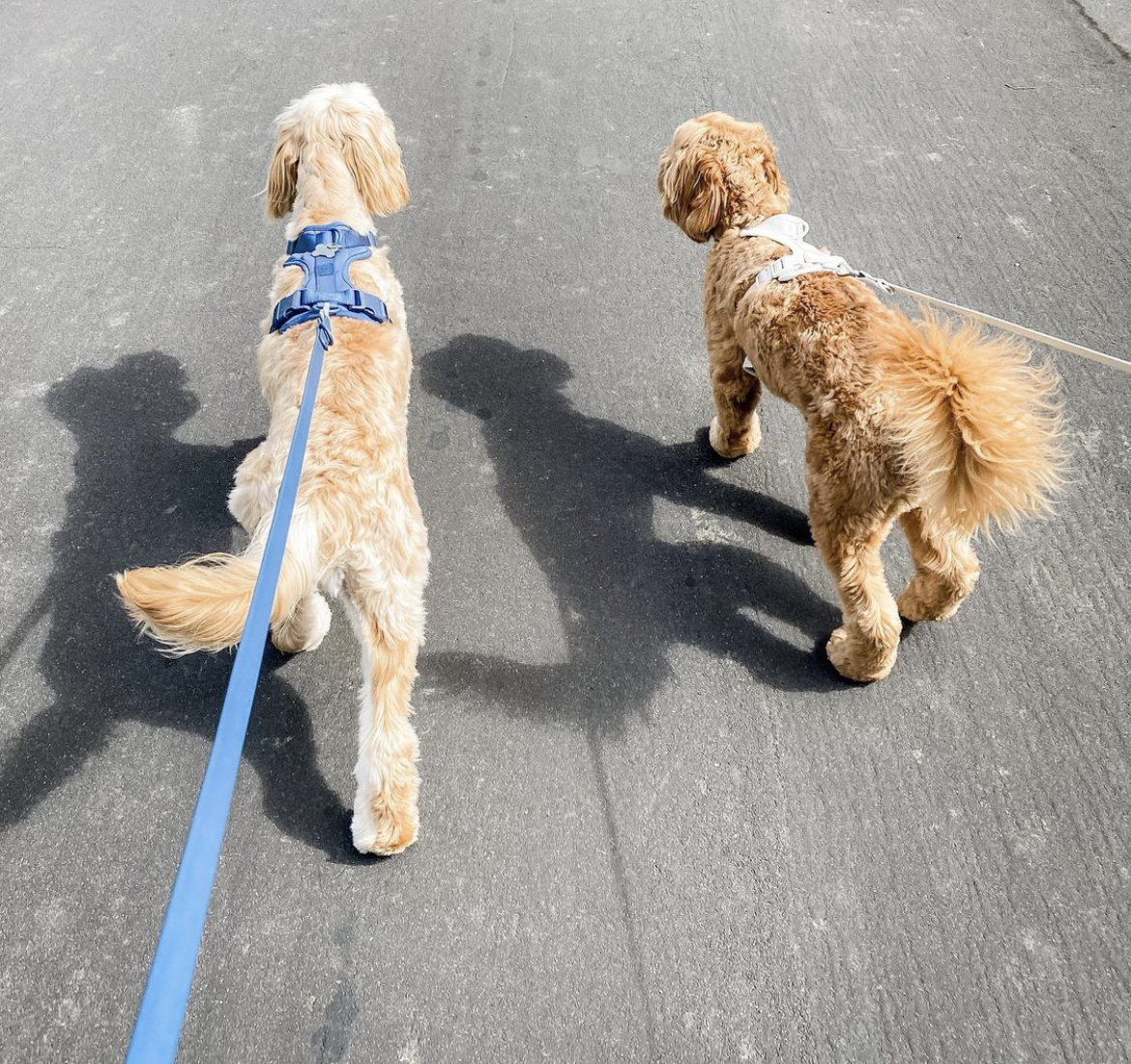
Flight Instinct (4-8 Months):
“Fly like an eagle into the wind!”
Your cute little puppy has been following you around for weeks and months now, they are aware of where you are and would stay close. During this next period, that same cute little puppy will decide they are ready to go solo and take off running quicker than lightning. During this time, you should teach your puppy they must stay close by or come when called, this is critical. Failure to do this will result in a dog that will not be reliable to come or to stay close as an adult dog and very well could lead the dog into a life or death situation.
What is Happening:
- Your puppy is becoming more independent
- Your puppy that previously would never wander far, will venture off
- Your puppy will ignore commands to come or stay close
- Your puppy will be clever in attempts to run around loose
How you handle the refusal to come or stay will affect future reliability off leash.
What You Can do:
- Leash on 100% of the time when not in a confined area
- Never allow the dog loose in an unconfined area
- Being off leash outside of a confined area is reserved for dogs that have been well-trained
- Enroll in training classes that utilizes positive training techniques, we recommend Baxter and Bella online training
- Reinforce and continue to train your puppy on the “come” command
- Make coming a very positive experience for them!
Adolescence (7-10 Months):
“Welcome to the teenage years – enjoy the ride!”
This is one of the most difficult times for pet owners.
What is Happening:
- Your puppy will become a free and independent thinker
- Your puppy will continue to review and challenge the pack order
- Your puppy will be very energetic, exuberant, and enthusiastic
- They will delight in learning new and fun things
What You Can do:
- Appreciate the humor of it all
- Read the book The Dog Listener or watch The Dog Whisperer series, these are helpful resources
- Understand that despite these behaviors, it is important for you to continue to train and reinforce the behaviors and commands you want them to do
- Reaffirm the family pack order
This period surprises puppy owners, as their puppy has turned into a “devil dog” or “Cujo.” This is often the time when families start to worry that maybe they made a bad decision in getting a dog. Remember, you get what you put in, if you take the time now to teach good habits, you will have the dog you have always dreamt of. The work will pay off!

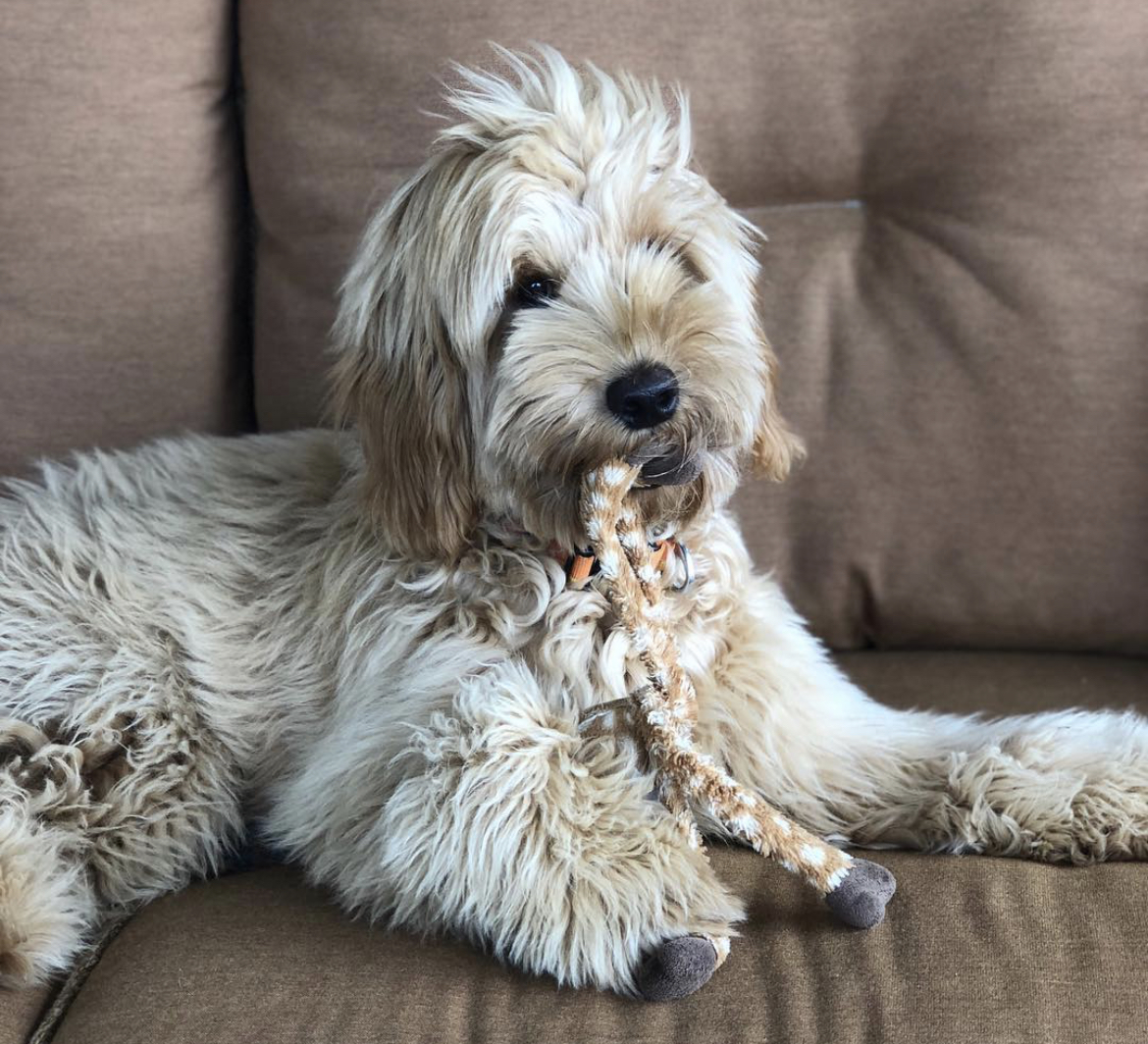
Second Fear Imprint (6-14 Months):
“Yikes! What was that?!”
What is Happening:
- Your puppy that was so confident will suddenly become reluctant to new things
- This can be subtle
- This period can come and go several times throughout these months
- It may appear unprovoked or unrelated to any specific occurrences
- You may become frustrated with your puppy
What You Can do:
- Avoid extremes in your response, do not become angry or forceful, do not over-comfort your puppy
- Remain calm, but assertive
- Be patient and understanding
- Be aware of your surroundings and potential triggers
- Work on desensitizing them by gradually introducing rewards
- Avoid reassurance and coddling, this can be associated with rewarding a negative behavior
- Do not overreact or correct fearfulness, make light of it and encourage them to deal/work through their fear
- Praise with grand rewards for their attempts
- Your puppy will take their cues from you, if you are frightened or concerned they will be too
You puppy that once ran around like a clown searching for their next show, all of sudden becomes scared and refuses to walk down stairs, they are shaking in the car, or jump at the sound of your neighbor’s music. This is normal! But you must help your dog figure out how to deal with their fears and concerns. The skills of learning how to “shake it off and keep going” will be valuable to them for the rest of their dog-life. It will also reduce the changes that the things they fear will not be permanently imprinted for life.
Mature Adulthood Development (1-3 Years):
“I shall protect thy kingdom!”
What is Happening:
- Your dog may become more protective of their turf
- Strangers may be greeted with barking
- Barking at noises, birds, cars, butterflies, and anything they believe is worthy of attention
- Playing with other days may escalate to fighting
- Same sex confrontations of other dogs can occur
- They are still checking their order in the pack
What You Can do:
- Reinforce how to greet strangers and friends into your home
- Teach your dog to ignore dogs they cannot be nice to
- Practice and reinforce dog manners, utilizing no threatening dogs
- Learn to read your dogs, and other dogs, behaviors and signs of aggression: circling, walking on toes, stick tail wags, tense facial expressions
- Rally your family to review that the order in your “pack” is clear and everyone is consistent with training and corrections
- Reward your dog for good behaviors
- It can be helpful to give your dog a “job” i.e. therapy work, obedience classes, an agility course
Your puppy is no longer an itty-bitty baby, they are close to full grown height and will begin to fill out and develop more muscle tone. Mentally, your dog is still working our details of their life and what it means to them. They are an official member of the pack and feel their turf is worthy of monitoring and protecting. It may sound nice to have your dog be protective, but do not fall for it! You do not want your dog to take to on these responsibilities, because you will slip in the pecking order and your dog will rule as King/Queen Dog. This can also lead to aggressive behaviors, protective to the point of creating fear or harm to someone or another animal is their attempt to protect. This is detrimental and is often the reason a dog may become destructive or taken out of the home. Do not allow your dog to be the King or Queen of the Castle, instead assign them the role of court jester, they will be much happier and so will your family!
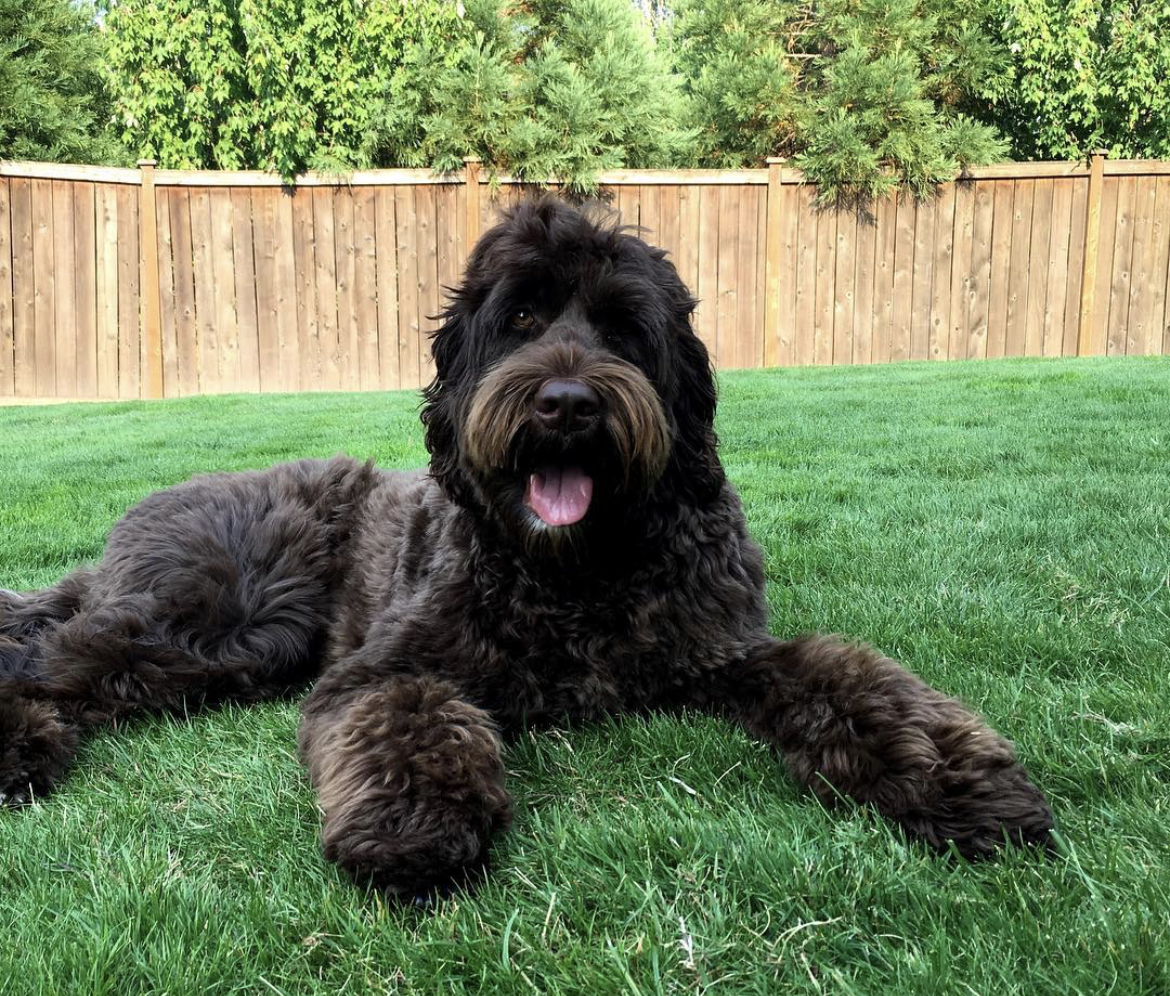
Information provided by International Doodle Owners Group – IDOG.Biz – copyright 2006
Office Hours
Tues – Thurs: 9 am – 4 pm CST
Please be patient while we get back to you as quickly as we can, thank you!
PHONE & EMAIL
(360) 303-0497
[email protected]
Location
Houston, Texas
